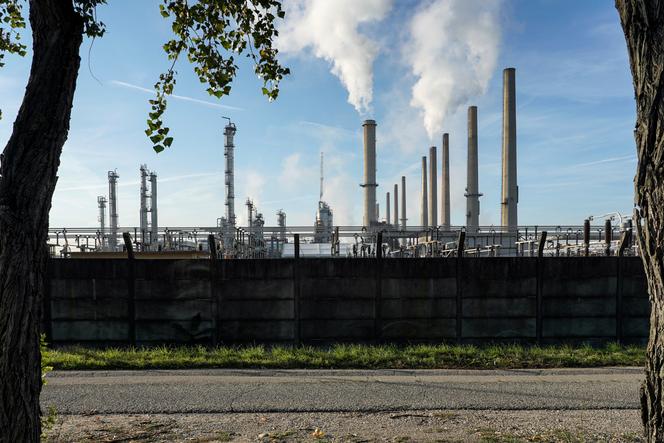


Things are looking up, but there's still room for improvement. The French High Council for the Climate (HCC), which published its sixth annual report on Thursday, June 20, for the first time said France's 2030 climate objectives are "achievable," provided that efforts to reduce greenhouse gas emissions and green investments are maintained over the long term and forests are preserved. However, the independent body said that the current policies, despite "significant progress," are "insufficient" to achieve carbon neutrality by 2050. Among its 65 recommendations, it also called on the government to strengthen measures to adapt to a climate crisis whose impacts are worsening in the country, judging that populations are not sufficiently protected.
"France is now in a favorable position, and no longer playing catch-up with the past. We're not yet on the right trajectory, but we can get there, and that's encouraging," explained climatologist Corinne Le Quéré, president of the HCC, who will be stepping down from the position when her term ends term on June 24. However, she warned that "there are still many weaknesses, as the government is too focused on the short term." The report doesn't address this, but the future of France's efforts to adapt to climate change will depend on the outcome of the results of the early parliamentary elections, as a rise to power of the Rassemblement National would set climate action back considerably.
In the short term, France can boast a faster pace of emissions reductions, which the institution's 12 experts have been calling for since their first report came out in 2019. Gross carbon emissions (not including absorption by carbon sinks) fell by 5.8% in 2023, more than twice the average reduction between 2019 and 2022. At least a third of this decline is explained by circumstantial factors, in particular a return to normal production at nuclear power plants. The remaining two-thirds could not be precisely analyzed and therefore correspond "to the maximum value attributable to public policies," said the HCC. In any case, 2023 is on target, even without these circumstantial effects.
Thanks to these good results, the carbon budget (emissions cap) for the 2019-2023 period should be met for gross emissions. On the other hand, it should be exceeded for net emissions, which include natural sinks in poor condition. The quantity of CO2 stored by forests is relatively stable today, after having fallen sharply over the 2013-2017 period, but this sink remains weakened by adverse weather events (droughts, fires). "There is also a problem with soils, in particular the conversion of grasslands to crops, which is accompanied by significant emissions," warned agricultural engineer Jean-François Soussana, a member of the HCC. The independent body is calling for an ambitious strategy for forests and to promote carbon storage in agricultural soils.
You have 56.24% of this article left to read. The rest is for subscribers only.
